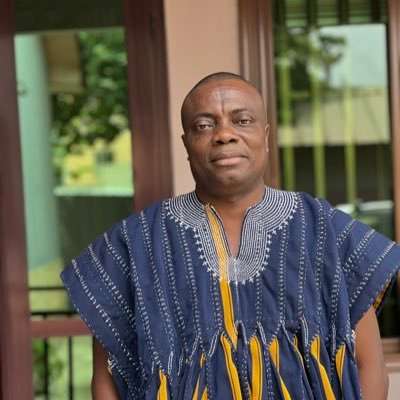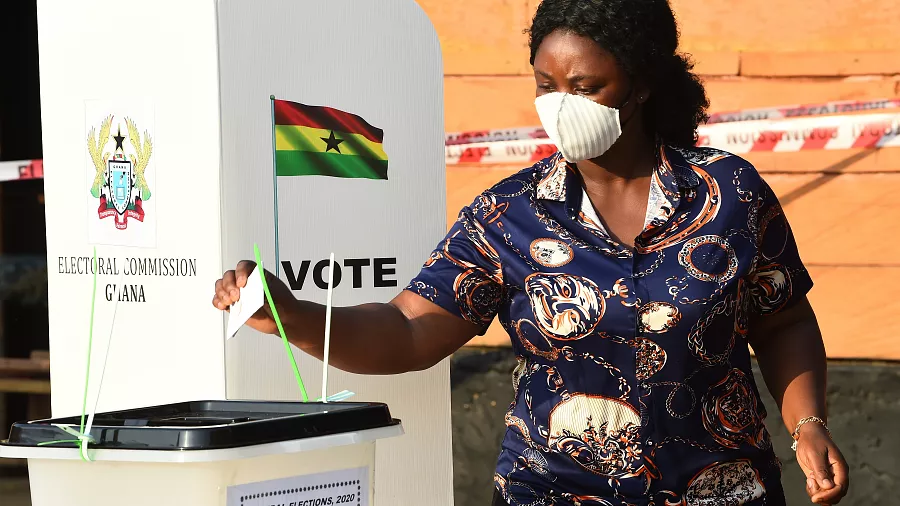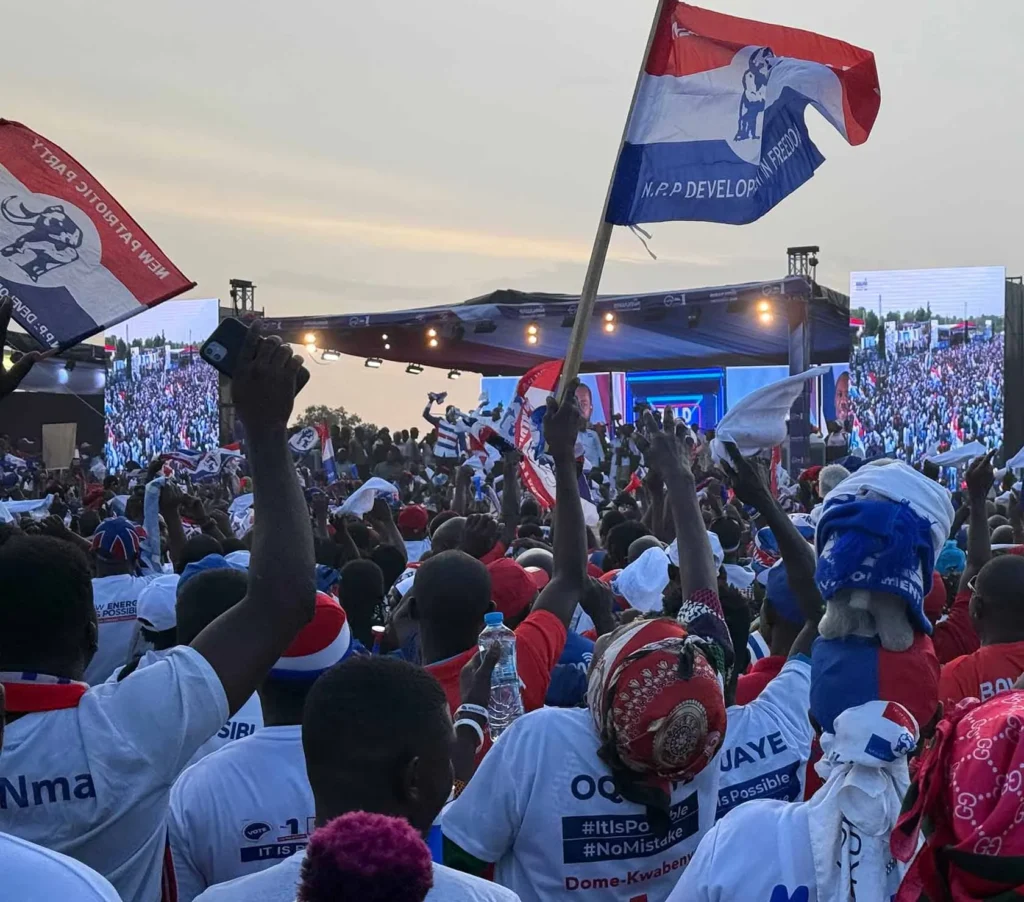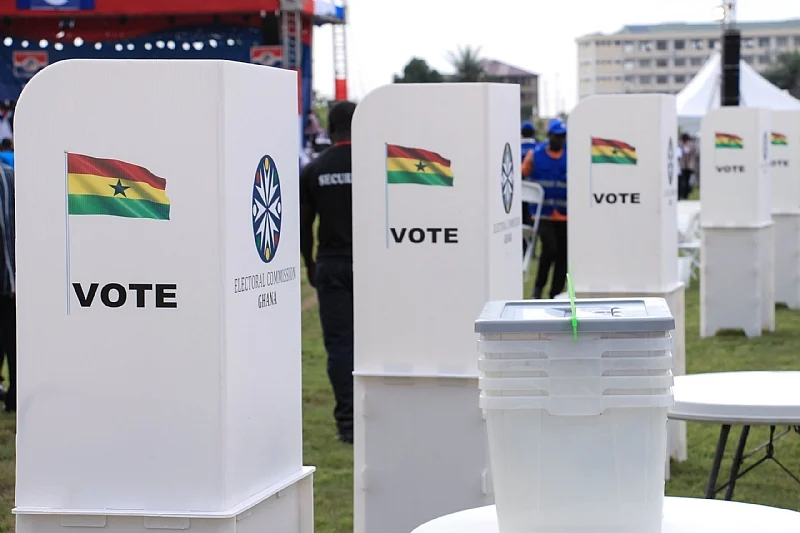Mussa Dankwah, Executive Director of Global InfoAnalytics, has stated that the NPP’s decision not to contest the Tamale Central by-election following the death of MP Hon. Ibrahim Murtala Mohammed in the recent helicopter crash represents a missed opportunity for democratic leadership.
Dankwah emphasized that a sound election strategy should center on fostering peace and national unity, using the electoral process as a platform for constructive engagement rather than withdrawing from the contest.
“The greatest tribute to pay to the nation, the good people of Tamale Central, and the departed soul is to ensure peaceful and violence-free by-elections in Akwatia, Tamale Central, and anywhere in the future.”
Mussa Dankwah
Such a gesture, he said, would have honoured the people of Tamale Central while reinforcing public faith in the political process.
The pollster further questioned whether the governing party’s approach would have been the same if the by-election had been in Akuapim South, Dome-Kwabenya, or Ablekuma North, regardless of what caused it.
For him, consistency in democratic participation is essential to maintaining credibility and trust among voters.

Dankwah’s critique comes at a time when the nation is still in mourning, and the balance between respect for the dead and active political engagement remains a sensitive topic.
However, his message is clear—avoiding elections does not eliminate political tensions; instead, it risks creating a precedent where parties shy away from competing in challenging situations.
Sympathy Politics Versus Modern Voter Priorities
A major part of Mussa Dankwah’s argument centres on what he sees as a flawed reliance on sympathy votes.
He highlighted that over 80% of Ghana’s electorate are Millennials or members of Generation Z—voters under 44 years old—who focus less on emotional appeals and more on issues that affect their daily lives.
“In the recent poll from Akwatia constituency, where it appears sympathy votes are being sought, based on the frequency of responses who said sympathy for the late MP’s death will be important, they represent just 5% and among those who actually responded and mentioned sympathy, that figure is 13%.”
Mussa Dankwah
He pointed out that in New Wenchi, the hometown of the late Ernest Kumi, only 6% of respondents indicated that sympathy for the deceased would influence their vote.
His warning to political parties was direct: “Don’t go into an election with the wrong strategy when you have been gifted polling data.”

For Dankwah, evidence-based strategy, not guesswork or nostalgia, should drive electoral planning in today’s political climate.
While sympathy has a limited effect on voting patterns, Dankwah stressed that voters consistently name development, the economy, and education as the top issues that shape their choices at the ballot box.
Political parties that focus on these areas, he believes, stand a far better chance of winning over Ghana’s modern electorate.
He also lamented that instead of appreciating credible polling insights, some political actors dismiss or even attack the messenger.
“I expect thank you and not insult for sharing this very important piece of information for God and country,” he said, underscoring the importance of constructive engagement with data.
A Call for Courage in Politics Amid Tamale Central Withdrawal
In Dankwah’s view, the NPP’s withdrawal from Tamale Central sends the wrong message. Rather than demonstrating strength, it risks being interpreted as reluctance to face political challenges head-on.
He believes Ghana’s democratic culture is best served when all political actors commit to participating in elections, regardless of the circumstances, while actively ensuring safety and fairness.

His position also carries a broader warning for both major political parties. As Ghana’s demographic landscape continues to evolve, strategies that fail to align with the realities of voter priorities will quickly become obsolete.
Younger voters, in particular, are increasingly skeptical of political messaging that lacks substance or fails to address tangible issues in their communities.
As the Tamale Central by-election approaches, the debate over the NPP’s decision—and whether it represents a respectful gesture or a strategic misstep—remains unresolved.
What is certain, according to Dankwah, is that Ghana’s political future will depend on whether parties adapt to the shifting expectations of the electorate.
For him, elections should be moments of national unity and democratic expression, not occasions for withdrawal. By focusing on policies that improve livelihoods, create economic opportunities, and enhance education, political actors can ensure their relevance to voters across the country.
Ultimately, the lesson Dankwah wants parties to take away is straightforward: respect for the departed is not incompatible with active democratic participation.
The real tribute, he believes, lies in proving that Ghana’s political system can operate with both compassion and competitive spirit—even in moments of loss.



















